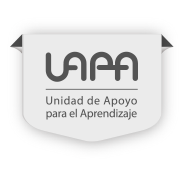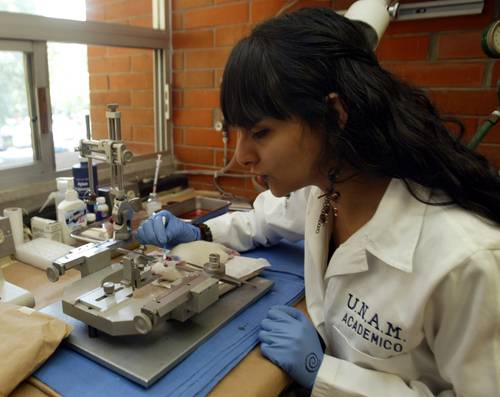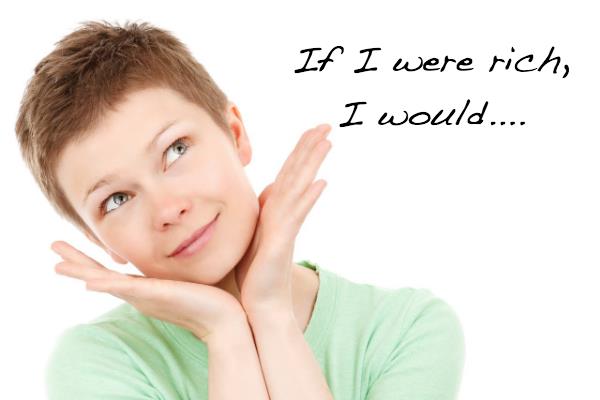Content
First and second conditionals review
Look carefully at the sentences previously mentioned. What are they expressing? Conditions and consequences? Do students really prepare themselves before an exam? What are they thinking about when taking an exam?
Before beginning the topic, it is essential to be clear about what a conditional and a condition is. The conditional is a part of a sentence and even the sentence itself, which expresses a state. A condition is what has to happen before something else can happen. In other words, a conditional is a way of expressing that something depends on something else. As simple as that! Let's go back to the student's example to pass an exam.
There are 4 main types of conditional sentences. However, in this topic, we will only review the first and second conditionals. The first and second conditionals are structured in two parts. Click on each tab to review each of the forms.
• The if part, known as if clause.
• The other part, known as main clause where you can use words such as can, will, may, might, could and would.
• These two parts or clauses are set together, because one is the condition that makes the other one possible.
Now look at the following image and review the sentences. Notice that in each of them, the characters want something (real or unreal), but for this to happen, they must fulfil a condition. Click on each tab to review the examples.
• If I were Ironman, I could fly.
• I would be Ironman unless I got superpowers

• If I were at the beach, I wouldn’t be so bored.
• If I finish on time, I will go to the beach.
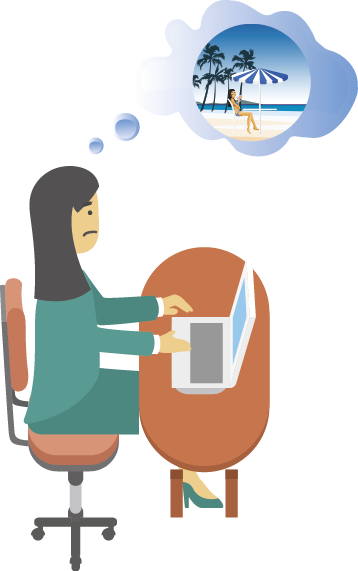
• He will play video games all day, if he can.
• Unless someone turns off the PC he will play all day in the computer.
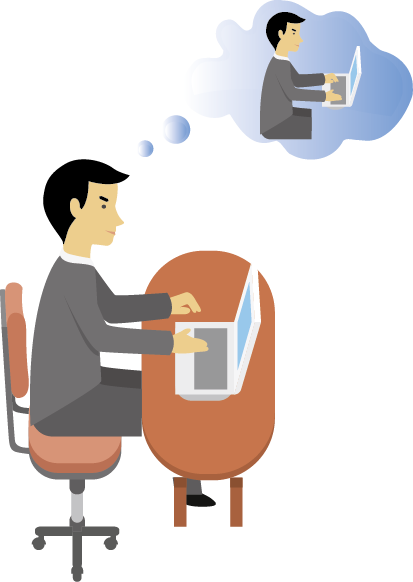
First conditional
First conditional sentences are called real conditionals because they are made of a real condition in the future, that is, a real possibility. Click on the tabs to review how the sentences are structured with the first conditional.
Observe the following examples. Click the tabs to review them.
If you are hungry, I’ll make you something to eat.
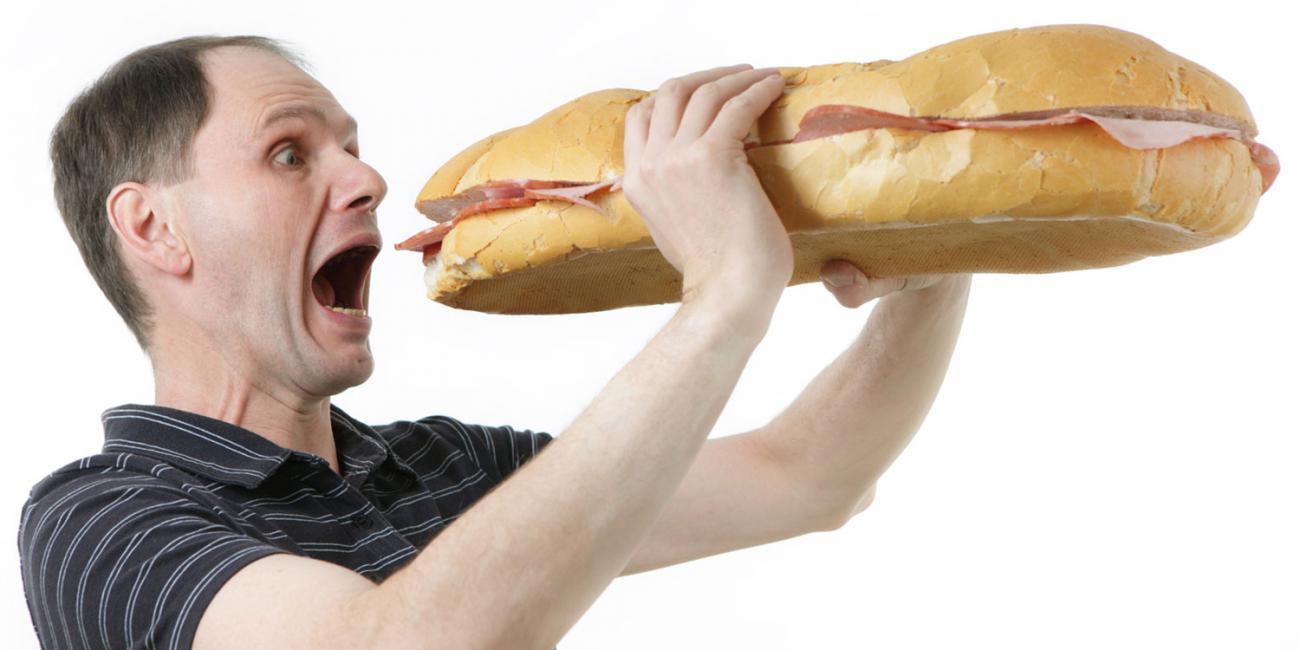
If the IF clause appears first, then you will use a comma in between.
I won’t go to the park if it rains
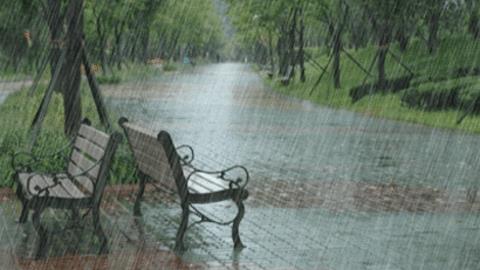
You may use the future clause first and then the if clause without using a comma.
Second Conditional
The second conditional is used to talk about things which are unreal in the present and have little possibility to happen in the future. Click the tabs to review how the first conditional sentences are structured.
Look at the following examples. Click the tabs to review them.
If I had a lot of money, I’d travel around the world.

The reality is that I do not have a lot of money
If I were you, I would (‘d) apply for the job
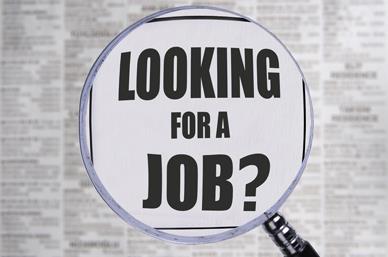
I am not you, but that is what I would do in your place
Finally…
The following table will allow you to remember the use of the first and second conditional
Work Out
Now that you have revised the conditional structure let’s practice some more! By the end of this unit, you will be an expert expressing facts and hypothetical situations.
Read the following sentences and decide if it is 1st or a 2nd conditional.
